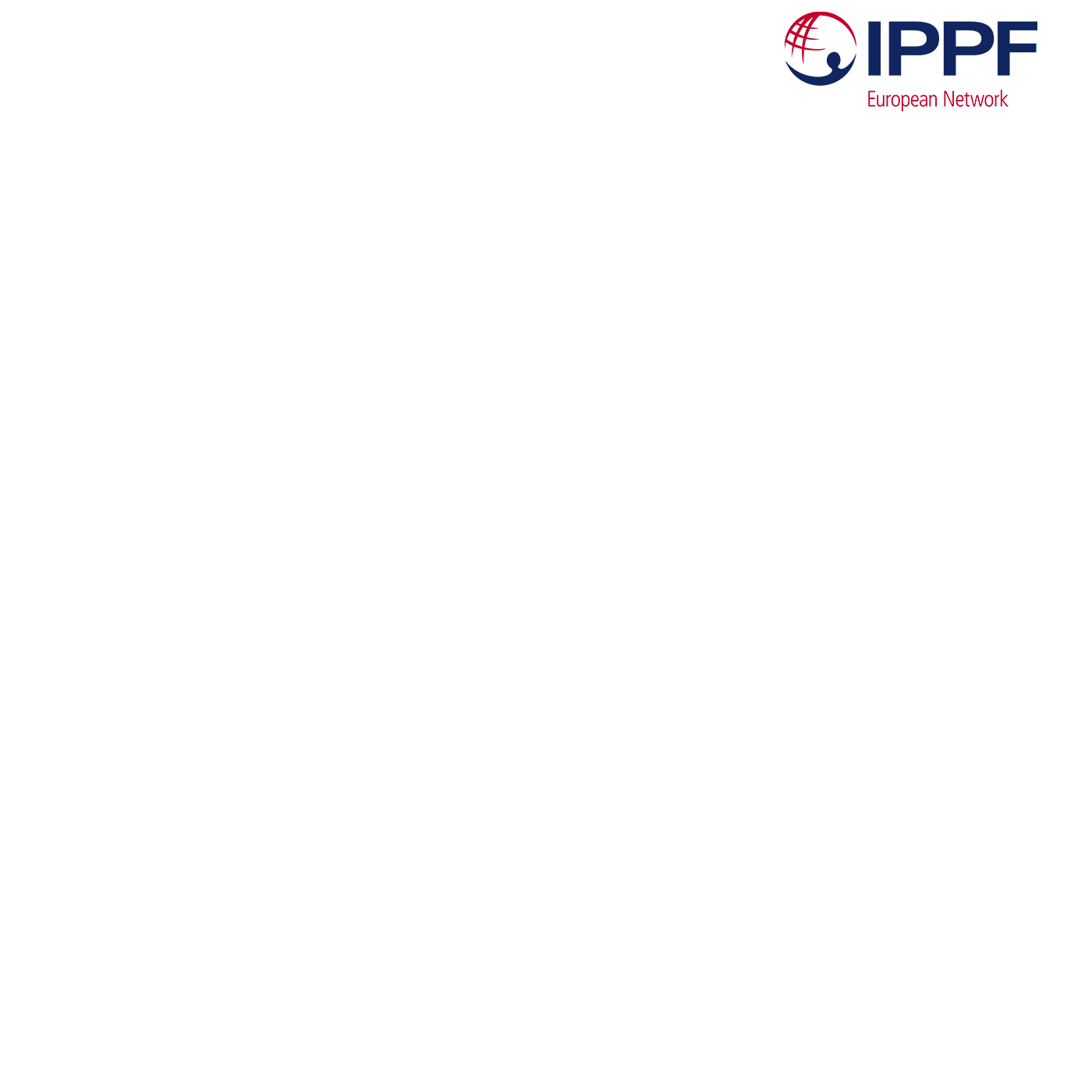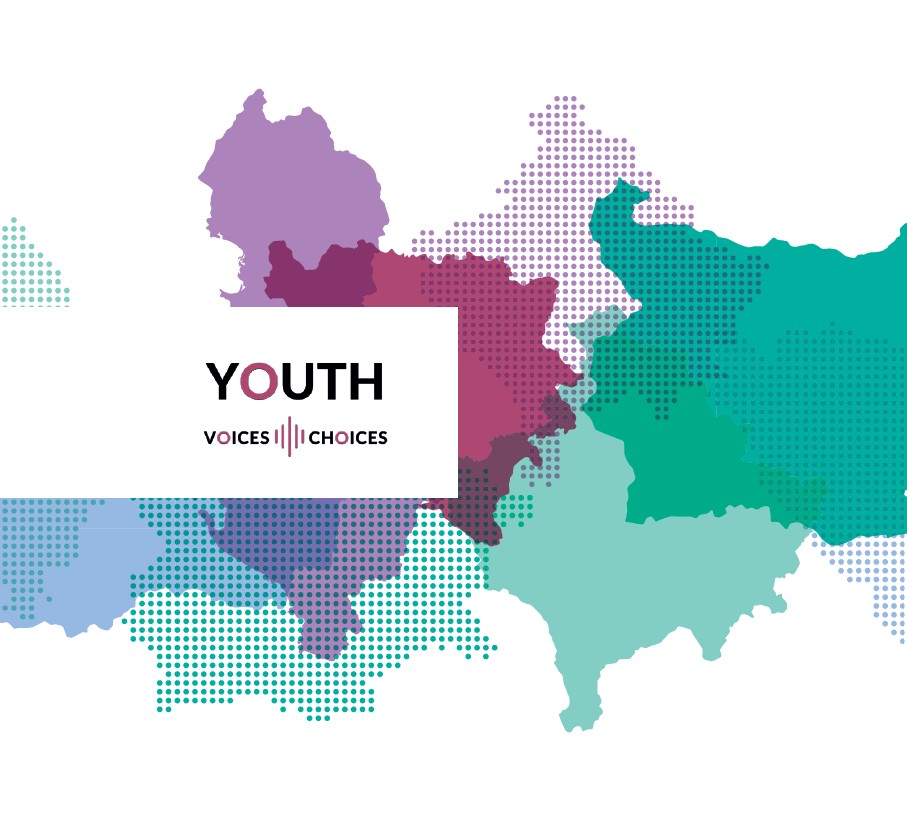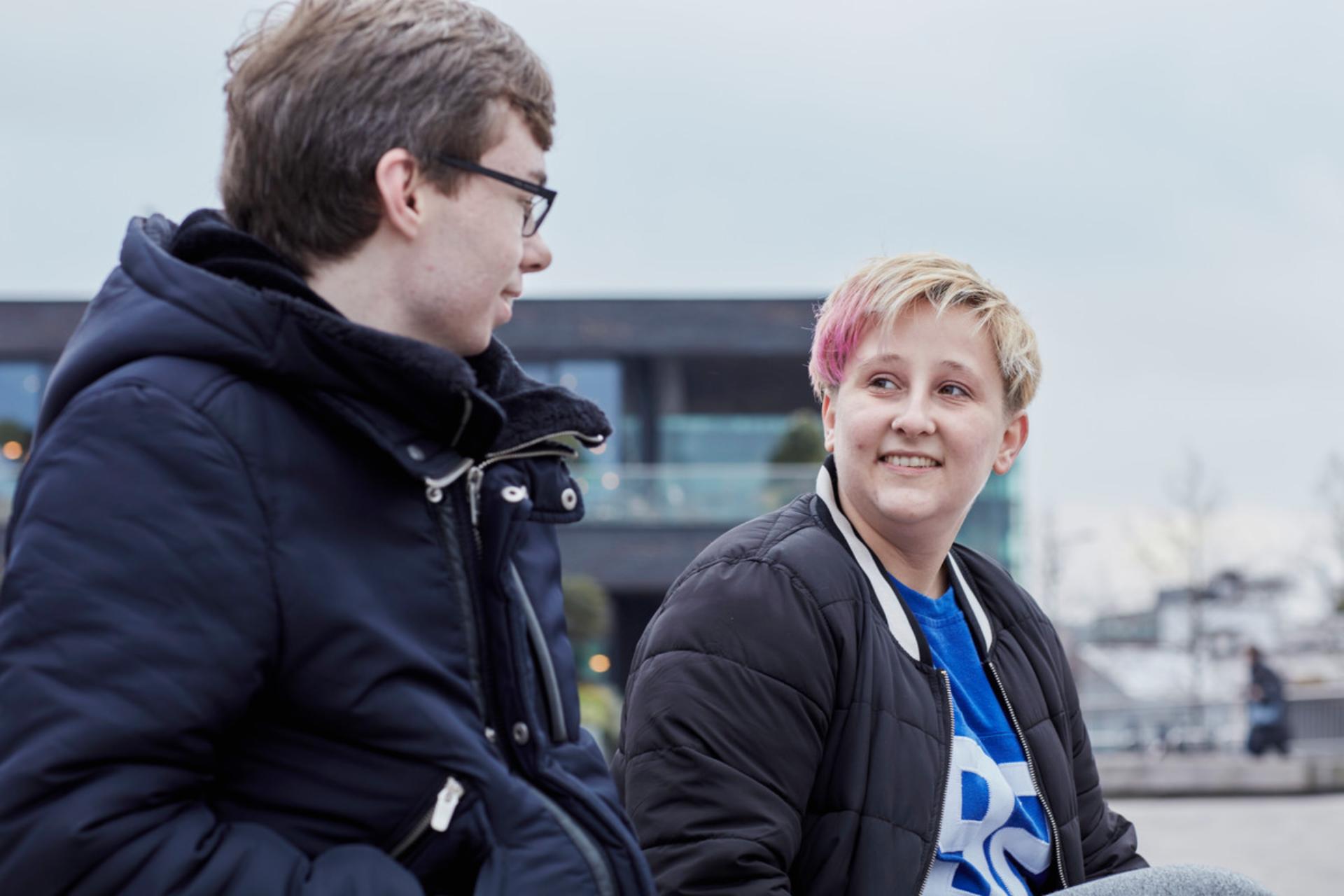Spotlight
A selection of resources from across the Federation

2022 IPPF EN Annual Report
Download our Annual Report to read about our activities and achievements in 2022.
Filter our resources by:

| 14 January 2019
Improving contraceptive care in Tajikistan
Young people are often denied care in societies where sex is taboo and parents can control their children’s access to medical providers. These challenges are amplified in conservative contexts where women and girls are made to feel uncomfortable when talking about contraception. The Tajikistan Family Planning Association (TFPA) has pioneered a phone application - available free of charge - that allows young people to gain crucial knowledge about modern contraception and sexually transmitted infections/HIV and connects them with health care providers. Through its innovative app, TFPA has created a safe space for young people to access stigma-free care, and to explore methods of sexual and reproductive self-care. This app has changed attitudes towards people living with STIs/HIV and inspired young people to have open and honest conversations about sexual and reproductive health care with their peers. "Before using the app, she thought STIs could only be caught by sex workers or people lacking morals, and that something like that could never happen to her or to her close friends. But now she realises that it can happen to anyone, even by accident. Now she tries to understand people who might have an STI." Young person in Tajikistan recounting an interview with a 19-year old woman as part of TFPA’s project

| 09 January 2019
Denial of contraceptive care. A deep-rooted problem in Europe and Central Asia
IPPF European Network is breaking down barriers to contraceptive freedom, helping to ensure that all people can lead safe and dignified reproductive lives. Across Europe and Central Asia, women are being denied control over their sexual and reproductive lives as a result of hostile chauvinist policies, gender inequality and social oppression. Many governments are not doing enough to ensure that women and girls have true access to contraceptive care, and it is the poorest and most marginalised who bear the brunt of this neglect. Too often, contraception is the privilege of the few, and women from low-income backgrounds are five times more likely to be forced into pregnancy through denial of care. In Eastern Europe and Central Asia, the level of modern contraceptive use (meaning all non-emergency, reversible methods) is alarmingly low. And overall in Europe, 43% of pregnancies are unintended (EPF, 2018), a result of denial of contraceptive care and of governments refusing to ensure sex and relationships education for all young people. Young people are also being let down by health care systems in which they face institutionalised stigma and discrimination when seeking contraception. IPPF EN is working across Europe and Central Asia to break through these barriers. We are fighting to redefine contraceptive care as a policy priority and to offer stigma-free care to all, especially to those who are most in need.

| 16 November 2018
Time is running out
Investing in family planning is the only way women and girls can have the freedom to create their own futures. The Countdown 2030 Europe consortium is calling on governments and decision-makers everywhere to put women and girls at the top of the agenda #BecauseSheCounts! The clock is ticking... www.countdown2030europe.org Read the Countdown 2030 Europe gazette, Her Chronicles, for more stories on family planning, access to contraception and more.

| 02 August 2018
Reproductive freedom is not a reality for everyone across Europe
In the EU all young women are free to decide about their own bodies, lives and futures. Or are they? Being denied sex and relationships literacy, stigma, gender inequalities and high costs stop girls from accessing contraception. IPPF EN cares for all women, men, children and young people across Europe and recognises their right to lead safe and dignified reproductive lives, free from harm and descrimination. You can see the rest of our videos from this series here.
| 20 July 2018
IPPF EN cares: Supporting neglected communities in Eastern Europe and Central Asia
In many countries in Eastern Europe and Central Asia, young people from marginalised groups most vulnerable to HIV are being harmed by high levels of violence, discrimination and stigma, and it is enormously difficult for them to access the care they need. This is the only region in the world where the HIV epidemic continues to rise rapidly, and yet many governments are failing to take action. IPPF EN champions free, safe and dignified lives for all people, especially those who are neglected by their governments and the societies they live in. Find out more about about how we are empowering and improving care for marginalised young people in Eastern Europe and Central Asia.
| 06 March 2018
Denial of contraceptive care in Latvia
This video by our Latvian member highlights the dreadful challenges faced by women in vulnerable communities when they are denied contraceptive care and cannot decide about their own bodies, lives and futures. Papardes Zieds is calling on Latvia's government to take concrete action to make contraceptive care a reality for everyone, and to ensure that all young people are able to develop the crucial life skills provided by sex and relationships education.
















